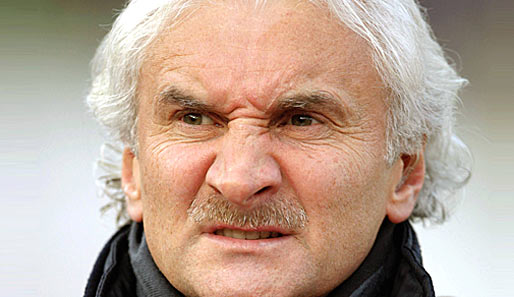Premier League clubs are in line for a huge hike in television income from next season, with revenue from domestic and global TV rights deals on course to top £5bn by the time the final overseas contracts are tied up next month.
On top of the blockbuster £3.018bn deal announced in June for domestic live rights with Sky and BT for the three seasons from 2013-14, and the £178m banked from the BBC for Match of the Day highlights, the Premier League is well on course to improve on the £1.4bn it brought in from overseas broadcasters under the current deal.
If the total revenue breaks through the £5bn barrier as expected, the amount that the title-winning club receives from 2013-14 is likely to top £100m for the first time.
Premier League clubs will be updated on the latest deals to be signed at a meeting this week, when they will also discuss proposals to try to introduce a domestic version of Uefa's Financial Fair Play policy or other cost-control measures such as a restriction on wage growth.
The hike in income will be cheered by clubs trying to balance their budgets to comply with Uefa's Financial Fair Play rules and looking to exploit their commercial potential around the world, but will also increase fears that it will simply be passed on to players in the form of increased wages.
The existing TV deals, which run to the end of this season, themselves marked a huge increase in overseas income from £650m for the previous three years to around £1.4bn for 2010 to 2013. In total the current deals are worth around £3.5bn, meaning that the Premier League clubs are on course to collectively achieve an uplift of more than £500m a year.
Overseas income is shared out on an equal basis between all 20 clubs, while income from domestic rights is allocated according to a sliding scale based on league position and the number of appearances on TV. Just as the exponential rise in domestic income has been driven by competition between Sky and various challengers over the past 20 years, so the same process is starting to play out across the world.
In the US, NBC outbid the incumbents Fox and ESPN and will pay around $250m (£157m) over three seasons, triple the existing contract, and show more matches on its national network.
Manchester United's vice-chairman, Ed Woodward, recently said that the US represented the number one growth target for the club, because a number of factors had coalesced to make it ready to take off.
In Brazil, rights have been stripped out for the first time from a pan-continental deal and sold to Fox and ESPN for $50m, more than four times what the rights were believed to be worth as part of the previous South American deal.
In China, in contrast, the focus has been on expanding reach rather than maximising revenue. A six-year contract was last week signed with the agency SuperSports Media to sub-licence matches to regional and IPTV broadcasters across the country. It goes beyond a traditional rights deal and also includes a joint marketing agreement to promote clubs in the country.
Deals have already been concluded in the US and South America, South Africa and sub-Saharan Africa, China, Singapore and Scandinavia. Deals for Asia and Australasia and the Middle East and north Africa are expected to be wrapped up within the next fortnight.
Increases in income from the middle east, in particular, are expected to be driven by competition between al-Jazeera and its rivals.
The rest of Europe, excluding Scandinavia, is expected to be concluded by Christmas. It had been speculated in the wake of the partial victory of a Portsmouth landlady in the European courts that the rights could be sold as a single pan-European deal to avoid the prospect of rival broadcasters undercutting one another.
But instead the Premier League will continue to sell its rights on a territory by territory basis and limit the number of 3pm kick-offs on offer.








